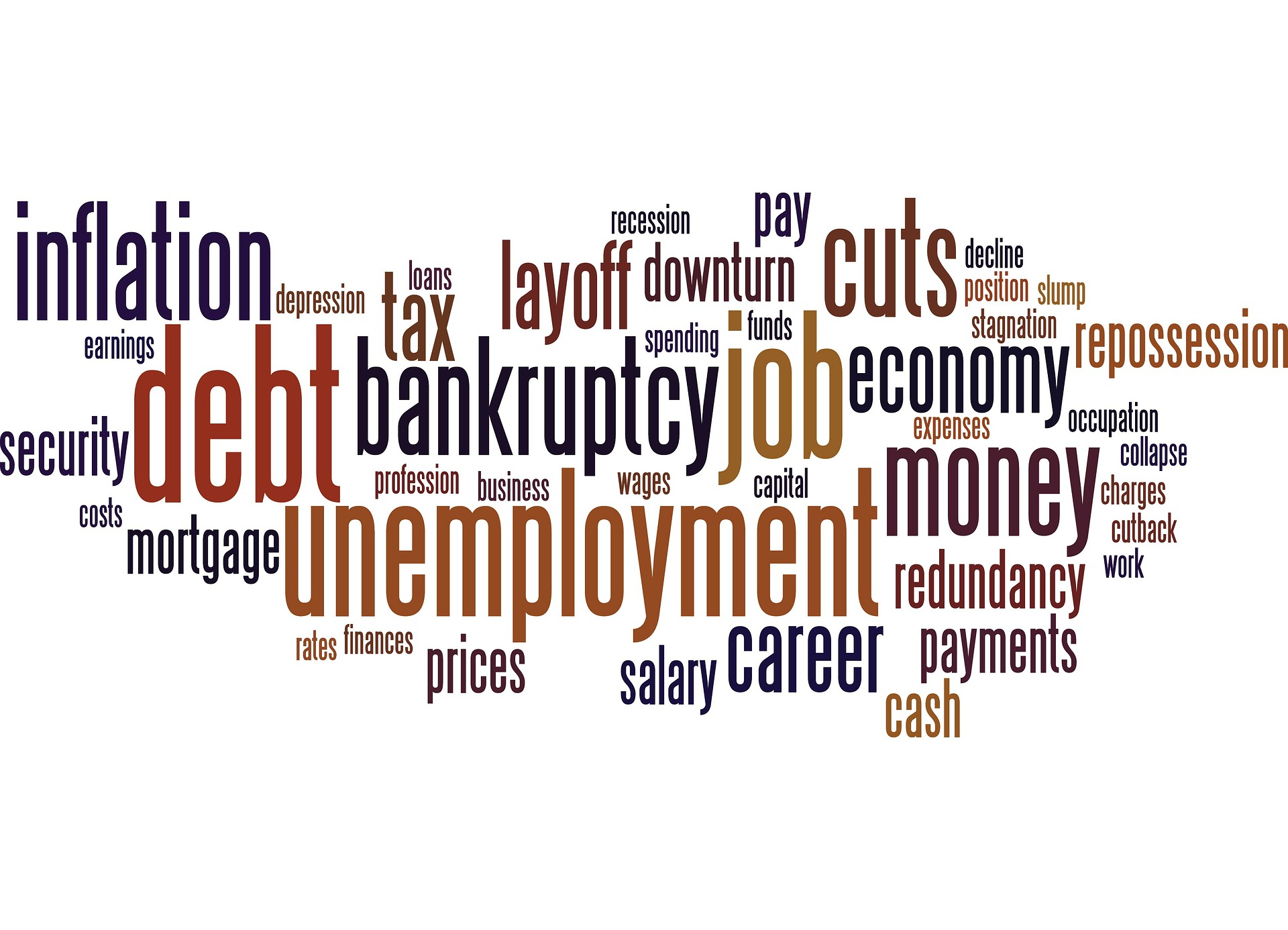We saw another rough week for the economy. As expected, the Federal Reserve raised rates to combat the country’s rising inflation. While many people expected the Fed to raise rates by 0.50%, they decided to increase them by 0.75%. This tells us one, the economy is on a path worse than expected, and two, the Fed is taking aggressive action to slow the economy and hopefully lower inflation. Despite the Fed’s efforts, the stock market ended down for the week, and most stocks have been declining, including cryptocurrency prices. Stocks ended relatively mixed on Friday to end the week, but the week’s performance was one of the worst in the past couple of years.
While the Federal Reserve is taking concrete steps to reduce inflation, higher rates will cost the average family. For anyone that carries over a balance on their credit card, which surveys show is over 50% of the population, you can expect that interest rate to rise and cost you more per month. Additionally, the average mortgage rate for a 30-year loan is 5.94% as of Friday, June 17, 2022. This national average rate is significantly higher than just two years ago and will drastically affect families considering entering the housing market. As I’ve mentioned over the past couple of weeks, I believe the housing market has peaked, and we’re starting to see a shift. Homes are staying on the market longer, and sellers are being forced to lower their asking prices. The supply of homes is still down overall, so don’t expect the market to become a “buyer’s market” overnight, but we see the market changing. If you’re looking to buy a home, you may want to wait a little longer as you’ll likely have more leverage, but if you’re looking to sell, you need to list your home ASAP! Rising interest rates will deter some people from entering the market, so you will want to capitalize on the lower supply while you can.
On a positive note, we saw unleaded gas prices come down slightly to a national average of $5.00 as of June 17, 2022. Unfortunately, diesel prices have continued to rise, with the national average hitting $5.79, impacting truckers particularly hard. This week, the Biden Administration threatened oil companies with “government action” if they didn’t produce more to lower fuel costs for the average American. Furthermore, the White House announced this week that President Biden would travel to Saudi Arabia next month, where oil production will likely be a hot topic. It’s unclear what effects the current administration’s effort will produce on prices at the pump and the increased costs that the everyday American is paying.
The average family are undoubtedly paying more for gas and food. The Fed is attempting to take steps to reduce inflation, and only time will tell how effective their actions are. Many CEOs and analysts believe a recession is inevitable within the next 6-12 months. The Fed meets again in July, and we could see another rate hike if inflation cannot be brought under control. For the average person, increased gas and food prices significantly cut into their budget. Be sure to update your monthly budget and account for the increased expenses you have. The worst thing you can do is go into debt as interest rates rise on those credit cards.

